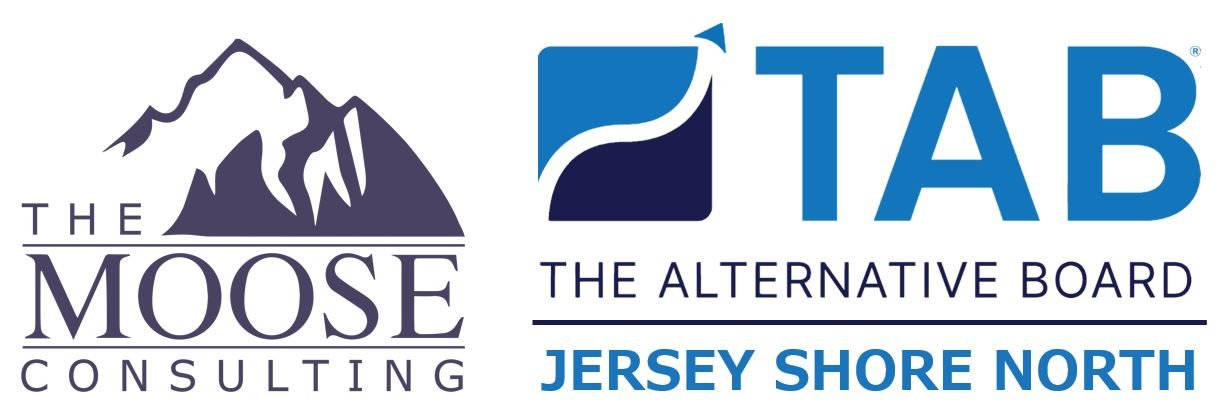Leading your business with integrity
When it comes to leading a business, being honest and ethical is super important. But sometimes, it's tough to figure out what's right and wrong. Who gets to decide if a business leader is ethical? And how do we know where to draw the line? It can feel pretty subjective. Most people would say that a business leader's main job is to make sure the company does well over time. But in the tricky world of business, it's easy to be tempted to do things that aren't quite fair or honest. Luckily, we're not living in the cutthroat world of old-school business anymore. Nowadays, having integrity and ethics actually helps businesses succeed a lot.
Being a leader with integrity isn't just about being a good person. Having strong ethical values makes the company culture better, builds trust with employees, and attracts customers who care about the same things.
In simple terms, being honest and ethical is just smart for business.
The good news is that if you want to be a leader who embodies integrity in your business, you can start making changes right away. It's all about practicing what you preach, even when it's tempting to do otherwise.
Here are five ways to encourage honesty and ethics in your business:
Lead by Example: Remember, people are always watching what you do. Your leadership team, your employees—they're all paying attention. It's important for leaders to understand that their actions affect how much respect and loyalty they get from everyone involved. By sticking to ethical principles, business owners can create a culture where honesty is valued.
Build Trust: People are more likely to trust leaders who are honest and fair. Being ethical helps build trust among your team, so make sure you're open and transparent in your leadership style. Talk to your team about how your ethical values guide your decisions.
Keep Employees Engaged: When leaders are honest and fair, employees feel more valued and motivated to do their best. Recognize and appreciate ethical behavior, even if it doesn't directly help the bottom line. Honesty and integrity aren't just about making money; they also make employees feel more committed to the company.
Face Challenges Honestly: It's easy to do the right thing when everything's going well. But when things get tough, it can be tempting to bend the rules. Truly ethical leaders stick to their values even when things get difficult. Making excuses for doing the wrong thing is never okay. Leaders should make decisions based on what's right, even if it's hard.
Encourage Learning and Improvement: Even the most honest leaders make mistakes sometimes. Since there's no clear rulebook for integrity, it's important to create a culture where people are always learning and growing. Make integrity a central part of your leadership training and provide resources that emphasize the importance of doing business ethically.
Take some time to think about your leadership style and the decisions you've made recently. How have those decisions affected your relationships with the people in your business? Is there anything you'd do differently next time?
John, along with being the CEO of The Moose Consulting, is a certified facilitator and business coach in the Jersey Shore area for The Alternative Board (or TAB), one of the leading peer advisory and business coaching organizations in the world. Contact him to learn more about how TAB membership can help take your business to the next level.
